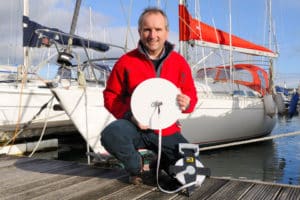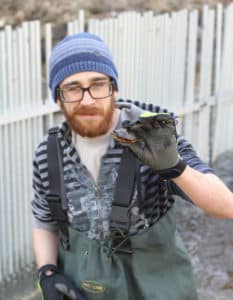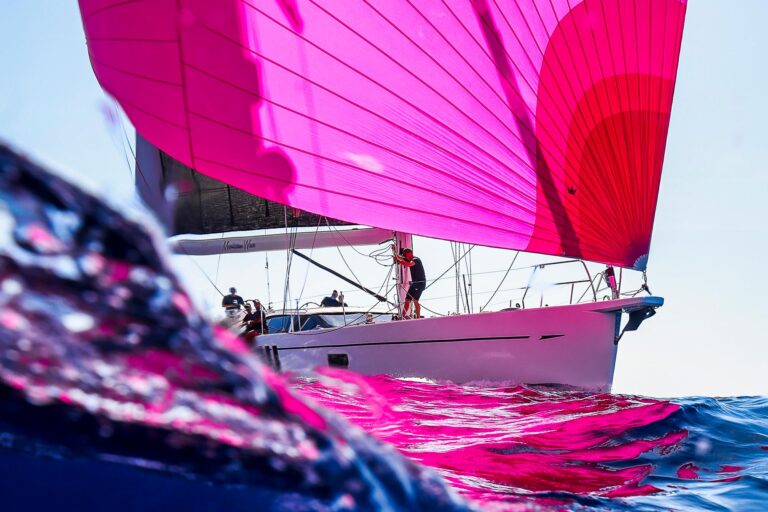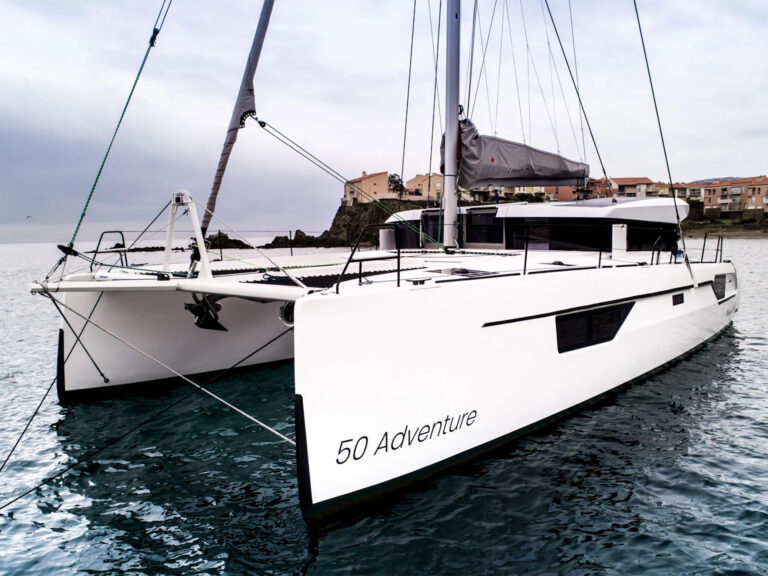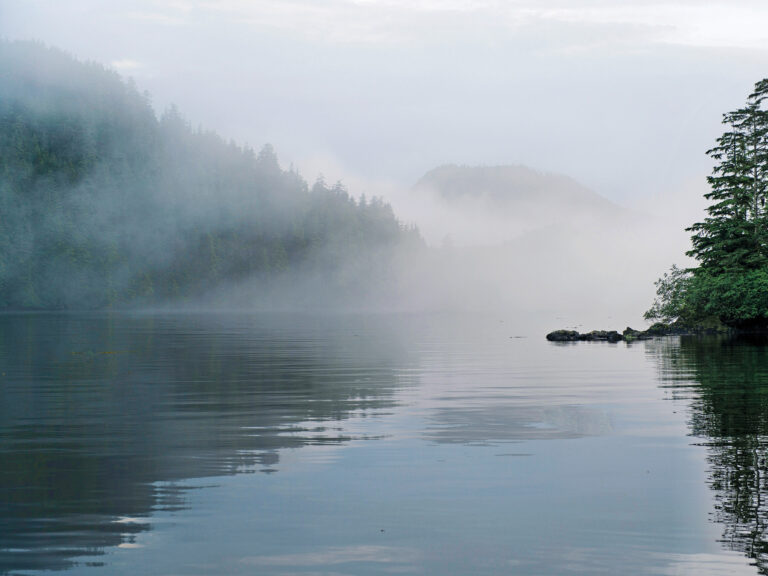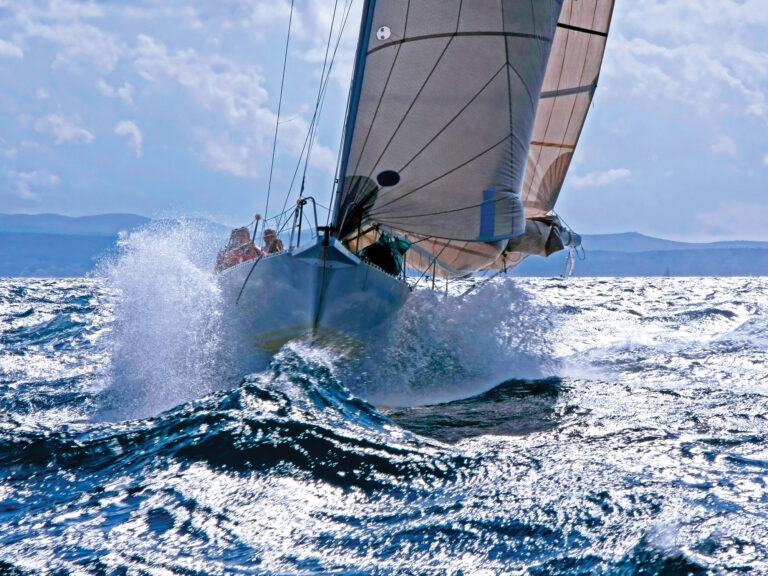Nothing’s sweeter than the sound of the diesel dying away, replaced by the wind singing in the rigging and the bow wave chuckling along the hull. Then again, it’s hard to beat the engine’s reassuring chug after the wind fades. And did I mention the satisfaction of starting the outboard on the first pull? Wind, diesel, and gas are all sources of power that count for cruisers, and having enough of the latter two when the first goes missing not only makes our lifestyle part of the global debate on petroleum dependency and conservation but also can have a big impact on us when fuel technologies change.
This issue’s Special Section, “What’s New at the Fuel Dock” (see page 68) dips into the shift to greener fuels-ethanol, already a 10-percent additive in our gasoline, and biodiesel, coming soon to a diesel pump near you. There’s a lot to learn about these non-petroleum-based fuels, but what do sailors really need to know?
Let’s start with ethanol, which, if you haven’t noticed yet, is advertised on every gas pump you’re likely to use. And it’s here to stay for a while, even though it may not always come from corn and grain. President Bush has made development of a different and potentially more plentiful celluloid ethanol a central part of his energy strategy to reduce dependence on overseas oil.
Blended gas may cause some crankiness in outboards, writes Chris Cornell, of CW’s sister publication Power Cruising, in one of our stories (see “Gas Additives Can Leave You Sputtering,” page 69), but carburetor adjustment can sort out most of those issues. Still, there are plenty of pitfalls, from difficulties with storage to the vulnerabilities of hoses and tanks, especially if you have a gas-powered auxiliary.
Biodiesel, like ethanol, can be made from a variety of plant and animal sources. Although petroleum-based diesel has been getting cleaner due to lower sulfur content, biodiesel is cleaner still by most emissions standards. In fact, it even cleans your engine as it burns. In the other half of our report, “A New Diet for the Auxiliary” (see page 68), regular contributor Steve D’Antonio points out that one consequence of burning biodiesel is that frequent filter changes may be required-at least until your fuel tanks are scoured clean.
I thought biodiesel as an alternative to petrodiesel would be a while in coming until I saw the Newport Biodiesel truck around town recently. I soon learned that Bob Morton, who’s the local owner of a series of racer/cruisers named Brigadoon, is behind the venture, which aims to create biodiesel for use in coastal Rhode Island, especially for powering boats and heating homes. As its sole source material, the company receives and processes waste vegetable oil from area restaurants’ Frialators. Is there really that much coming out of our deep fryers to run a business? As it turns out, little Rhode Island currently produces 1.5 million gallons of the waste annually-and if you think we’re the only ones who like our fried seafood and doughnuts, turn to Steve’s article for the national statistics.
Compared with facilities established elsewhere to produce biodiesel from soybeans, corn, and other sources, Newport Biodiesel is tiny, aiming to produce 500,000 gallons of fuel five years from now. “We aim to be the microbrewery of biodiesel,” says Nat Harris, the company’s production manager. Still, don’t be surprised if you pull up to the Newport Yachting Center fuel dock in 2008 and find a biodiesel sticker on one of the pumps. When you do, will you fill ‘er up?
Our report won’t be the last word on alternative fuels for your boat, but if you haven’t been following the changes in fuel technologies, it’s a good place to start learning what might be causing your outboard to stall or creating a leak in that old rubber gasket. Meantime, one thing’s still for sure: To save on energy costs and reduce pollution, turn off the iron genoa now and then. The wind is still clean and free.
John Burnham


